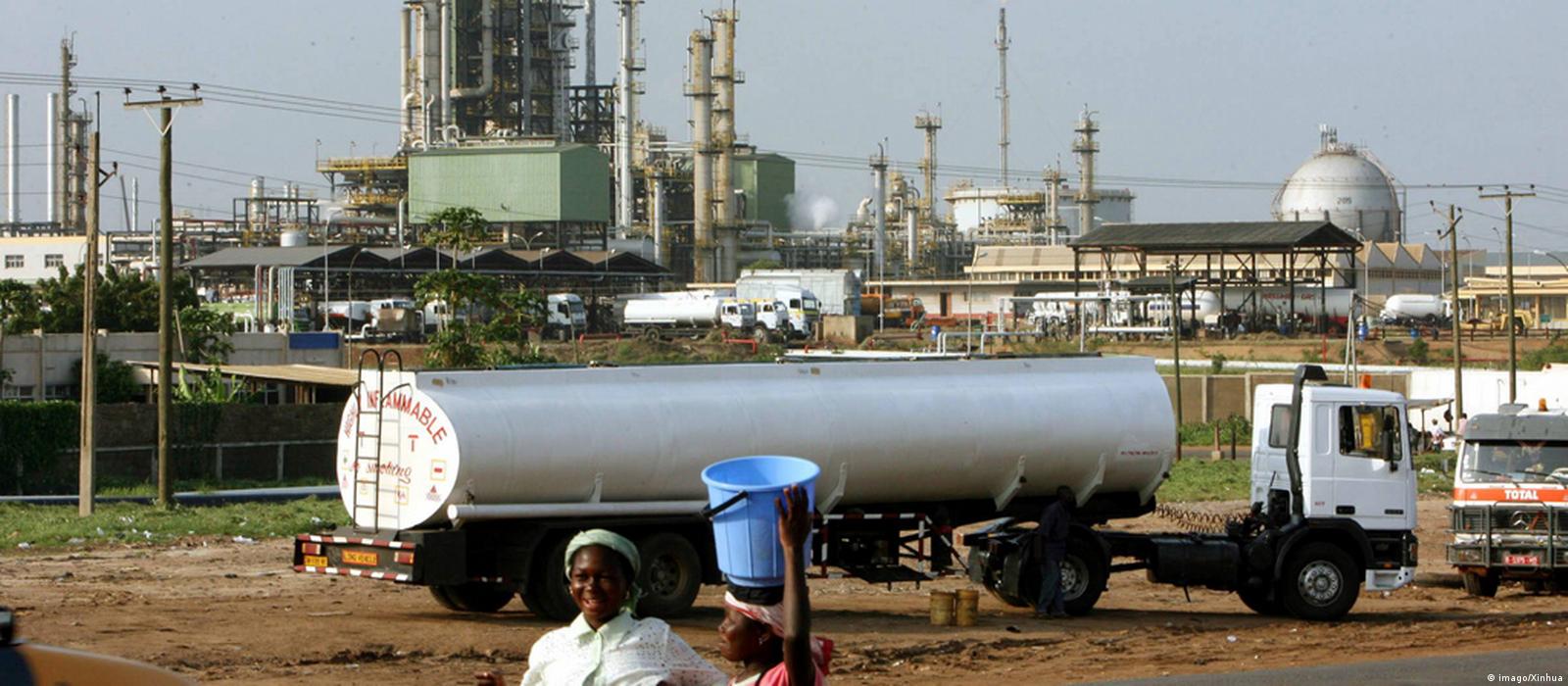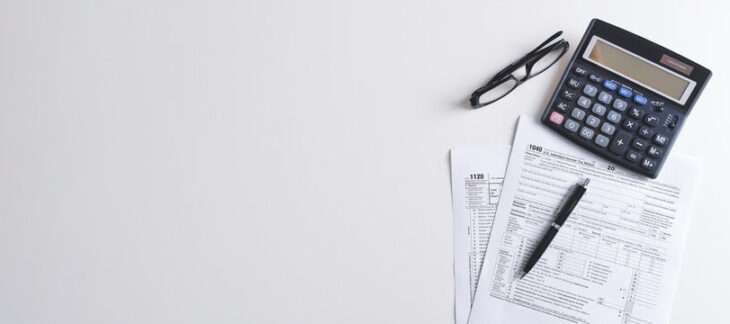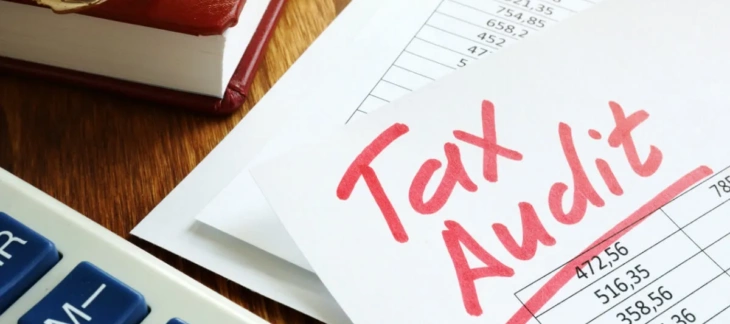Context
The World Bank Group aims to help Ghana towards creating a dynamic and diversified economy, greener job opportunities, for a more resilient and inclusive society.
Ghana sits on the Atlantic Ocean and borders Togo, Cote d’Ivoire, and Burkina Faso. Its population is about 29.6 million (2018). In the past two decades, it has taken major strides towards democracy under a multi-party system, with its independent judiciary winning public trust. Ghana consistently ranks in the top three African countries for freedom of speech and press.
President Nana Akufo-Addo’s re-election after the Supreme court dismissed the opposition’s election petition, gave the governing New Patriotic Party a second term. The success of President Akufo-Addo’s second term will depend on his ability to fulfill his electoral promises through consensus building with the opposition and implementing diversification of the economy amidst increasing debt and economic challenges facing Ghana.
Recent Economic Developments and Outlook
Ghana’s rapid growth (7 percent per year in 2017-19) was halted by the COVID-19 pandemic, the March 2020 lockdown, and a sharp decline in commodity exports. The economic slowdown had a considerable impact on households. The poverty rate is estimated to have slightly increased from 25 percent in 2019 to 25.5 percent in 2020. After slowing to 0.5 percent in 2020, growth rebounded to 5.4 percent in 2021 thanks to dynamic agriculture and services sectors. The profile of Ghana’s recovery was relatively inclusive and labor-intensive, with the extractive sector making only small contributions.
In the first quarter of 2022, the overall GDP grew by 3.3 percent, year-on-year, down from 3.6 percent over the same period in 2021. Non-oil growth also slowed down significantly (from 5.3 to 3.7 percent) reflecting a slowdown in agriculture and services.
Fiscal pressures have remained high. Over the first half of 2022, the fiscal deficit reached 5.6 percent of GDP, well above the 3.9 percent target for the same period. Revenues underperformed, as the flagship e-levy was introduced late and faced major implementation challenges. As of end-June 2022, public debt reached 78.3 percent of GDP and interest payments reached 54.4 percent of revenues over the first half of the year. Given growing macroeconomic imbalances, in July 2022, the authorities began discussions with the IMF on a possible program.
Inflation rose to 31.7 percent y-o-y (an 18-year high) in July 2022, from 12.6 percent at the end of 2021. The impact of soaring global commodity prices (Ghana imports 40 percent of its fertilizers from Russia) has been compounded by the depreciation of the cedi which has so far lost 24 percent against the dollar in 2022 (according to the Bank of Ghana data). The Government and the Bank of Ghana (BoG) have sought to dampen inflationary expectations by, respectively cutting expenditures, and raising the monetary policy rate (MPR) to 22 percent and banks’ primary reserve requirements from 12 to 15 percent.
Despite these macroeconomic headwinds, the performance of the banking sector has remained strong. The non-performing loans ratio improved to 14.1 percent in June 2022, from 17 percent in June 2021. However, in the first half of 2022 credit to the private sector grew very slowly (at 3 percent).
The trade balance was in surplus as of end-June 2022, thanks to high oil and gold receipts, but the overall current account recorded a deficit of 1.5 percent of GDP due to investment income outflows and net services account payments. As a result, the stock of gross international reserves declined by US$2 billion in the first half of 2022, to 3.4 months of imports.
Currency depreciation and high inflation have driven up the cost of living, notably for food. This has put considerable strain on household budgets, particularly for the poor who devote more than half of their budget to food. Rural farmers have also been affected by increases in the prices of fertilizer and other inputs.
Outlook
GDP growth is expected to slow to 3.5 percent in 2022 and average 3.3 percent over 2022-2024 as macroeconomic instability and corrective policy measures depress aggregate demand. The weakening impact of high inflation and elevated interest rates on private consumption and investment will be reinforced by monetary and fiscal tightening. On the supply side, in 2023: agriculture is expected to grow at 2.2 percent, given high input prices and specific issues with cocoa plants; industrial output is projected to grow by 2.4 percent (compared to projected 3.8 percent in 2022), as the oil and gas sector slowly recover from the technical difficulties experienced in the past 2 years; and services are expected to grow by 2.7 percent, as high domestic inflation erodes the purchasing power of consumers.
The fiscal deficit is projected to remain high in 2023 (9.2 percent of GDP) and beyond. Indeed, improvements are projected to take place gradually with contributions from revenues and expenditures.
Risks and Challenges:
The main risks to the outlook include further intensification of macroeconomic vulnerabilities such as the unexpected materialization of contingent liabilities in the energy and financial sectors, and un-anchoring of inflationary expectations. Debt sustainability could be threatened by insufficient access to financing, large interest rate increases, and further currency deprecation. Sizable domestic debt rollover needs will put pressure on the already elevated domestic interest rates. Accommodating these large needs may crowd out private sector investment and test the limits of the domestic financial sector’s appetite for sovereign debt.
Strategy
The FY22-26 Country Partnership Framework (CPF) was approved by the WBG Board on February 22, 2022. It is anchored in the government’s ‘Ghana Beyond Aid’ vision, its Coordinated Program of Social and Economic Development Program (CPSEDP) and the Coronavirus Alleviation and Revitalization of Enterprise Support Program (CARES). Consistent with the WBG COVID-19 Response Framework, the CPF seeks to support the Government in managing the COVID-19 crisis’s impact through preserving critical human capital and capabilities while taking the opportunity to build back better for a dynamic and diversified economy, creating job opportunities for a greener, more resilient, and inclusive society.
The proposed focus areas are:
- improving equitable access to services for improved human capital development
- enhancing conditions for diversified growth and quality jobs
- promoting resilient development.
The World Bank program in Ghana is worth $3.8 billion in credits and grants across 23 active projects and one Global Environment Facility ($3.28 billion) and four regional operations ($510 million). Cumulative disbursement is $1.08 billion (33%) while the undisbursed balance is of $2.13 billion as of September 21, 2022. Sector specific trust funds have been instrumental in financing innovative programs on climate change resilience including sustainable land and forest management, promoting emissions reductions, and increasing the viability of climate or “green” oriented businesses.
International Finance Corporation (IFC) Country Strategy and Operations
A member of the World Bank Group, IFC aims at encouraging the growth of private enterprise in developing countries. As of February 2022, IFC’s investment portfolio was $1.8 billion in financing and $21 million of advisory services for agribusiness, education, energy, financial services, health, manufacturing, real estate, transport, tourism, among others.
In addition, IFC has provided technical assistance to improve the investment climate and trade logistics. On financial inclusion, it has supported the Government with creating the optimal environment for digital financial services/mobile banking and implementing financial infrastructure, such as a credit bureau and collateral registry to encourage banks to lend to small and medium size enterprises (SMEs).
IFC’s key activities in Ghana since the beginning of the pandemic include a rapid assessment of the pandemic’s impact on the private sector and over $85.7million investments in health, agribusiness, SME lending, and manufacturing.
Multilateral Investment Guarantee Agency (MIGA) Operations
A member of the World Bank group, MIGA’s mandate is to promote cross-border investment in developing countries by providing guarantees (political risk insurance and credit enhancement) to investors and lenders. MIGA currently insures four active projects in Ghana, supporting power, telecoms, clean water, and oil and gas supply, with total active gross exposure of $448.2 million.
Results
The World Bank, under the Ghana Emergency Response Preparedness Support supports the Government’s Covid-19 vaccines rollout through the acquisition of 16.9 million J&J vaccine doses through the AVATT together with UNICEF. The World Bank’s contributions accounts for 74 % of the national target of 22.9 million people to be vaccinated.
The World Bank has supported scaling up COVID-19 vaccination through training vaccinators and supervisors. Over 18.7million doses of vaccines (including single dose) have been distributed covering 49.2% of the targeted population and 35.5% of the entire population with at least 1 dose. Overall, 25.6% of the country’s population has been fully vaccinated. The government has also provided booster shots now to the entire population. As of August 15, 2022, 1.68 million people have received at least one booster shot. To take advantage of vaccine donations from AVATT and other bilateral sources, and reduce vaccine wastage, the country has staggered the delivery of the World Bank financed vaccine such that the country could have access vaccines in futures dates when needed.
The World Bank continues to support the delivery of essential health and nutrition services. Social mobilization activities for COVID-19 vaccination, reaching the hard-to-reach and the vulnerable populations, are also part of these health systems strengthening efforts.
The Greater Accra Metropolitan Area (GAMA) Water and Sanitation project has increased access to household sanitation by supporting the construction of 33,000 household toilets to serve over 259,585 people as of April 2021. It has also under its institutional sanitation component supported the construction of 398 new sanitation facilities and rehabilitated 105 (in 260 different schools). The project helped provide access to improved water supply to more than 368,000 people through 281 km of distribution pipelines and delivered 10,200 new service connections.
The Ghana Commercial Agricultural Project (GCAP) which was to improve agricultural productivity and production of smallholder and nucleus farms has benefited 14,264 farmers of which 4,876 are women. The project helped them surpass the target for yield of maize, rice (under rainfed conditions) and soya in the Savannah Accelerated Development Authority (SADA) zone. GCAP successfully rehabilitated, modernized, and expanded the three irrigation schemes and brought in commercial partners to work with smallholder farmers in the project regions to produce rice, maize, and vegetables all-year round and reduce dependence on rain-fed agriculture. The rehabilitation of the Tono Irrigation Scheme made available 2,490 hectares for cultivation twice a year. At the Kpong Irrigation Scheme which had about 1,000 hectares of irrigated land cultivated under GCAP, the rehabilitation increased the irrigable land size to approximately 2,000 hectares.
With support from the Secondary Education Improvement Project (SEIP), Ghana has increased the number of seats available to students in senior high schools in underserved districts by at least 43,000 seats and provided over 20,000 low-income students with scholarships between 2014 and 2021. It has helped deliver quality secondary education to nearly 568,000 children and provided scholarship and bursary support to over 20,000 children, 60% of whom are girls. SEIP has contributed to an increase in transition rates from lower to higher secondary schools in the poorest districts from 39% in 2014 to 72% in 2019. Completion of higher secondary education increased in the two poorest quintiles in the targeted districts from 8.4% in 2014 to 13.5% in 2017. 23 new senior secondary schools have been constructed and 125 rehabilitated, increasing the number of spaces available in targeted schools by over 43,000 seats between 2014 and 2021.
With the onset of the COVID-19, the government rolled out the I-Campus which allows all SHS students to access learning modules online. I-Boxes –which provide offline access to a range of curriculum-based video lessons, virtual laboratories, and summary notes – have also been installed in all beneficiary secondary schools. In 2020, it enabled at least 1.1 million secondary school students to be provided logins to I-Campus modules.
The eTransform project supports digital entrepreneurship program through three tech hubs—the Ghana Tech Lab, the Ghana Innovation Hub in Accra, and the Kumasi Business Incubator in Kumasi. To date, they have helped boost entrepreneurial skills for over 11,000 young people. In total, 49 startups have been formed, and more than 1,200 businesses have been supported through access to workspace, mentoring and training. They also help individuals and teams with business ideas progress from the concept stage to entering the market. The project is inclusive. The Ghana Tech Lab alone has trained more than 5,400 youth in digital skills—half of whom are female.
Partners
The World Bank country program in Ghana was coordinated with other development partners through the preparation of the Systematic Country Diagnostic (SCD) and of the Country Partnership Framework. The consultations brought together partners in civil society, development partners, academia, the private sector, and government. The WBG is working closely with other partners to offer a coordinated support to the Government in response to the COVID-19 pandemic. It is also coordinating support in the macroeconomic area closely with the IMF. It actively engages with other development partners in dialogue and coordination around emerging topics and participates in several thematic working groups with the government and other Development Partners (DPs) in key sectors including health, education, social protection, and energy.



